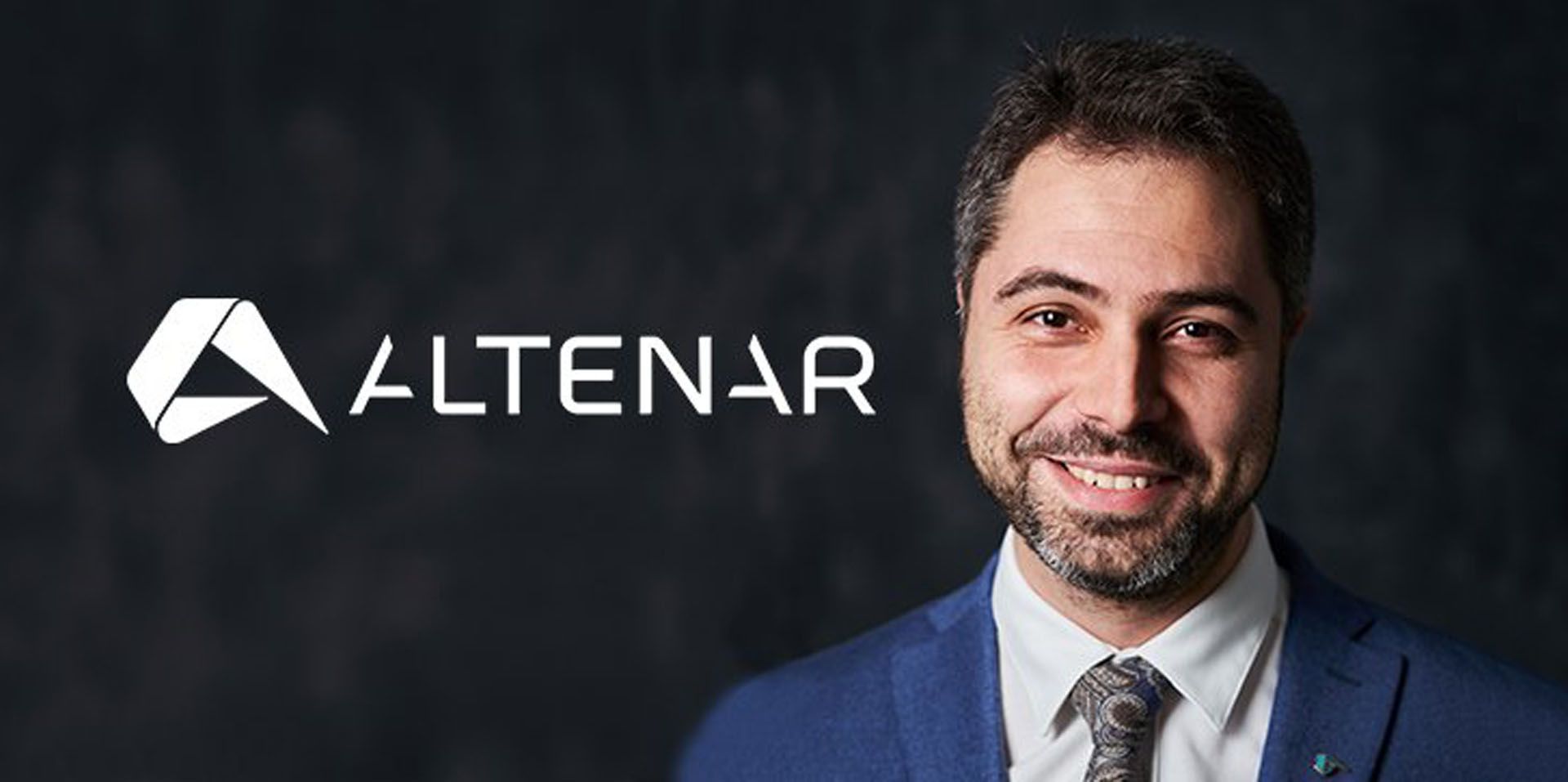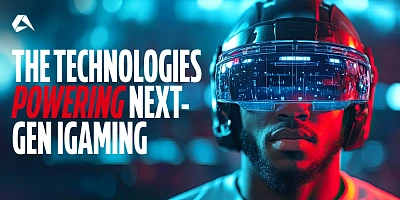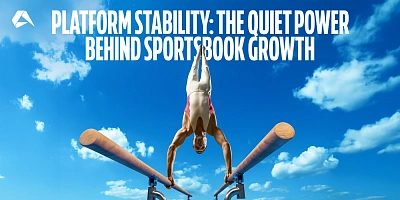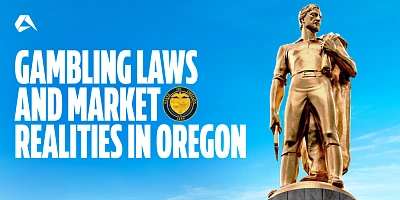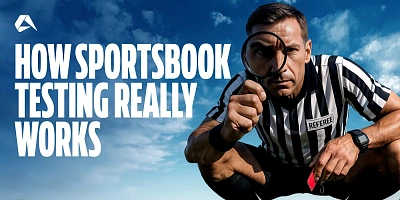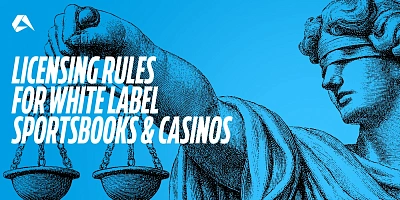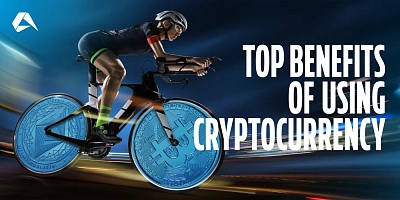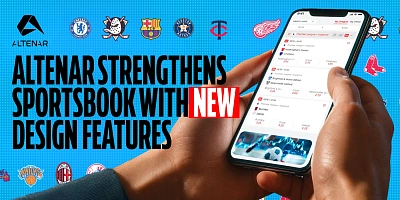Altenar CEO Stanislav Silin speaks exclusively with Gambling Insider about the provider’s performance during a challenging 2020, and what the future holds for sportsbooks and the wider sports betting industry.
How has Altenar managed throughout the pandemic?
The company struggled in the first few months after the pandemic disrupted global sporting events. April, May, and part of June were especially slow—it was the lowest activity we had seen in months, even years. But by July and August, things started to bounce back, and activity levels returned to normal. In fact, this November, we’ve seen more business than we did last November, so we’ve most definitely made a full recovery—so long as sporting events continue.
This is primarily a remote, online industry. While we do have clients with land-based operations, it’s not their sole focus, and online channels have likely grown where land-based has declined. Overall, I believe we’re in good shape.
Have you noticed a change in customer demand?
There are general trends that would have occurred even without the pandemic. For example, India has become increasingly important, especially with the Indian Premier League becoming a major sporting event for the betting market. That trend was independent of COVID-19—it was going to happen in 2020 regardless.
If we’re talking about pandemic-related changes, March saw a clear spike in interest in virtual sports. Simulated reality events also gained traction—Sportradar and others developed simulated sports competition products. We integrated a few ourselves, and our current suppliers expanded their offerings.
We also enhanced our esports offering in 2020. So, in the event of future COVID-related disruptions to live sports, we’re better equipped with virtuals, simulated events, and esports options. These alternatives don’t necessarily generate the same revenue or replace traditional sports, but they serve as vital risk mitigation tools. If traditional sports go offline again, traffic will drop—but not as drastically if you have alternatives in place.
Do you think sportsbooks will evolve as a result of the pandemic?
I think we all hope and expect that this won’t be permanent. If we look at the broader sports industry, no one believes that stadiums will forever remain spectator-free. It might take a year or two, but eventually, things will start to return—maybe not to how they were exactly, but close enough.
So yes, some aspects will change, but not drastically. I don’t foresee stadiums becoming permanently empty or media companies shifting entirely to digital. While the industry is adapting, most see this as a temporary situation.
What was the biggest challenge Altenar faced in 2020?
Not all of our offices had to transition to remote work at the same time since we operate in multiple regions, but remote work was already part of our company culture before the pandemic. So, for many of our teams, it was a seamless transition.
Of course, it posed challenges for some. For example, employees with kids at home found it harder to balance work and family obligations. We've had to stay flexible and supportive in managing these changes.
Achieving our goals and moving the company forward meant adapting quickly. If Google and Facebook can shift to remote models, then agile companies like ours should be able to as well. But it was still a learning curve.
Another development for Altenar in 2020 has been the launch of your ‘Coffee Break’ discussions. What inspired this initiative?
This was a creative idea we decided to explore. Previously, we’d have casual conversations on various industry topics during exhibitions—visitors would stop by our stand, grab a coffee, and talk shop. There was no pressure, no formal expectations—just knowledge sharing.
With in-person events off the table, we decided to replicate that dynamic through our social media channels. We wanted to share insights and ideas drawn from our experience with clients and partners.
We hoped it would spark interest—or at least serve as a teaser to encourage further conversations. Maybe it would resonate with others in the industry who are facing similar challenges or goals. Ultimately, it was an experiment in video content, social media marketing, and—hopefully—a bit of fun.
Do you think this format can have the same impact as physical events?
Honestly, we’re hoping that physical events return soon. Nothing replaces face-to-face conversations. We’re social creatures—electronic interactions just aren’t the same.
So no, we don’t expect digital formats to replace in-person events entirely. But in the meantime, we’ll continue exploring online marketing and social media initiatives—especially heading into Q1 2021.
